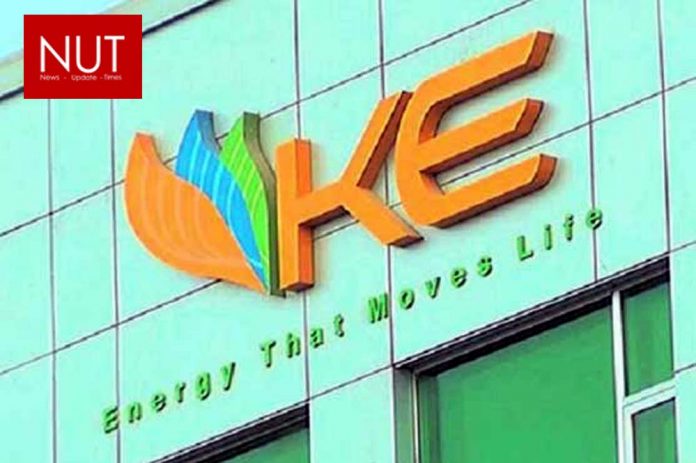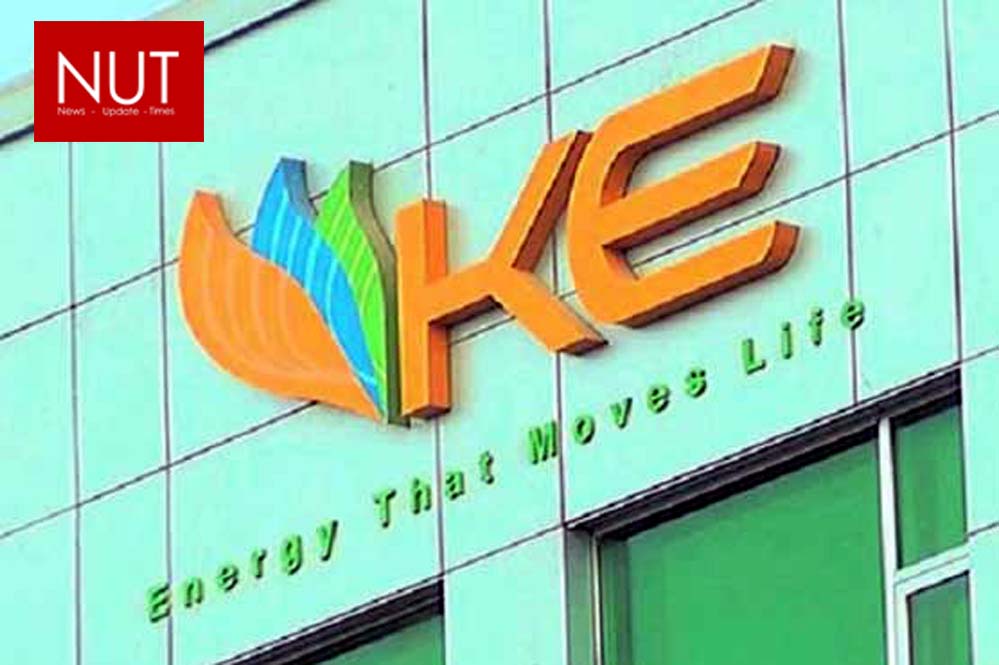K-Electric Shows Commitment towards Competitive Trading Bilateral Contracts Market (CTBCM), Requests for Alignment and Implementation of Policy Decisions in the Right Direction
Karachi (Muhammad Yasir) National Electric Power Regulatory Authority (NEPRA) conducted a public hearing in the matter of Integration Plan for the Competitive Trading Bilateral Contract Market (CTBCM) Model submitted by K-Electric. The hearing was presided by Chairman NEPRA, Tauseef H. Farooqi along with the Members of the Authority, including Rehmatullah Baloch – Member Balochistan, Engr. Maqsood Anwar Khan – Member Khyber Pakhtunkhwa, Rafique Ahmad Shaikh – Member Sindh, and was also attended by representatives from NEPRA, CPPA, NTDC and several Karachi’s industrial associations among others.
During the hearing, the utility expressed its commitment for a sustainable transition towards open markets in line with GoP and NEPRA objectives and highlighted a few recommendations in this regard. K-Electric suggested that the framework for open markets must be aligned with the National Electricity Policy approved by the Council of Common Interest (CCI) and Cabinet Committee on Energy (CCoE) approved principles for competitive wholesale markets enabling a sustainable transition as well as a healthy and efficient competitive power market.
Furthermore, the utility proposed that it is essential that a mechanism is developed to ensure recovery of associated costs enabling a transition with no additional burden on regulated consumers.
Considering the issue of existing surplus capacity, KE further recommended that in order to promote competition and eliminate stranded capacity, existing generation capacity in the National Grid be allocated to DISCOs and new power procurement should be allowed only when there is a shortfall in any specific DISCO. Additionally, the power utility proposed that the threshold to participate in open markets should be lowered gradually to match it with supply/demand situation ensuring no capacity is left stranded while also providing for greater competition. On the issue of recovery of stranded costs, KE recommended that keeping in view international precedents, stranded costs arising from consumers opting for open access be recovered under a staggered approach over a length of time with a clear cut off provided to market participants for gradual and sustainable development.
Based on the case studies from the international markets, KE also advocated for a dry-run to be conducted that will be critical in assessing the readiness of the system at large as well as help in identification of any subsequent revisions that maybe required to the market design or any other reforms that maybe needed to ensure a sustainable and more efficient competitive power market.
The power utility welcomes the market reforms directed towards an efficient competitive power market, and requests that the policy decisions be made in the right direction considering the state of affairs and complexities involved in the power sector with an aim to ensure a sustainable power market which balances interests of all stakeholders.







